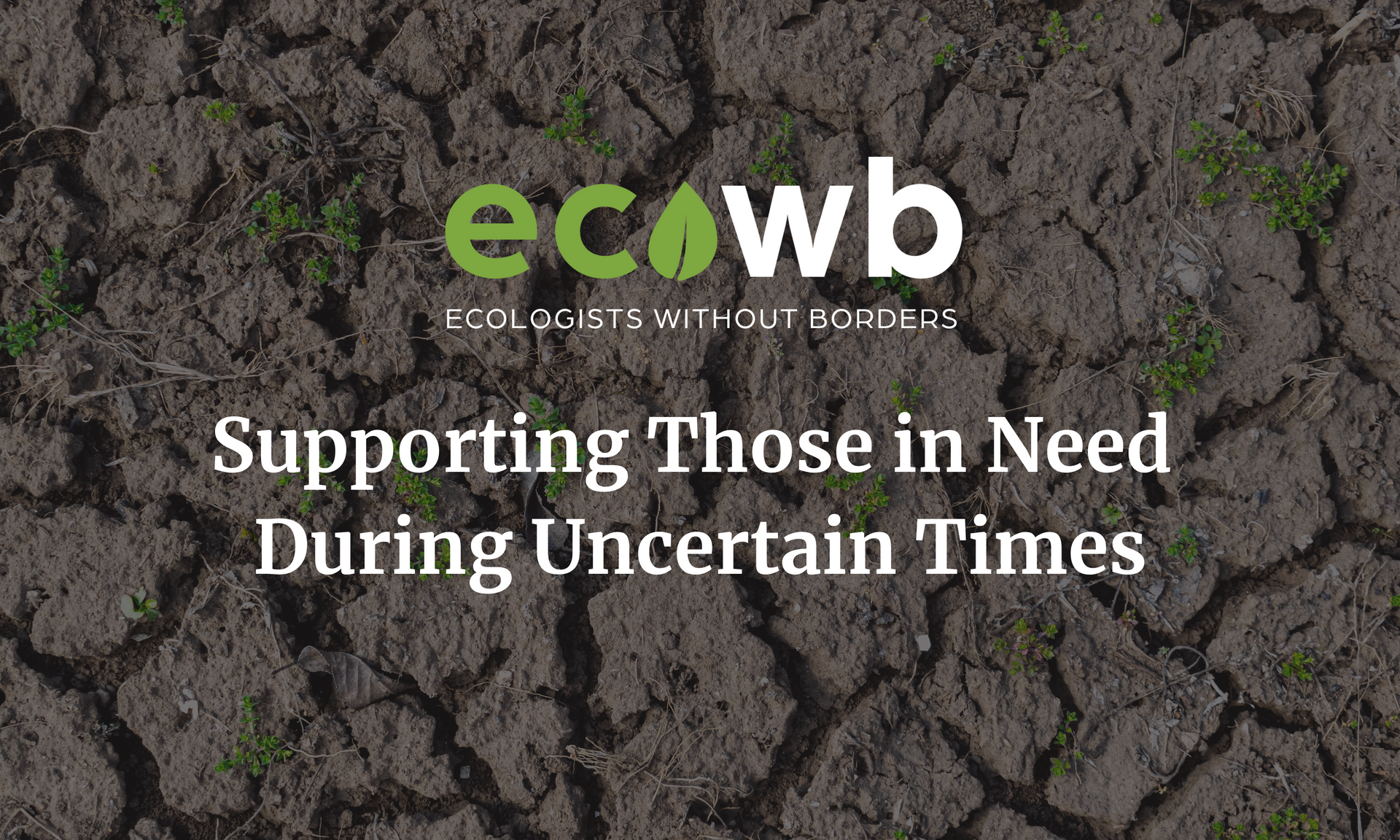In March 2021, EcoWB became a member organization of the Global Partnership on Marine Litter (GPML) which came out of the United Nations Conference on Sustainable Development in 2012, bringing together those engaged in preventing marine litter to protect the marine environment, human well-being, and fauna. This stakeholder network provides a platform for learning, sharing, and research, as well as development of policies and regional efforts and agreements.
With a mission of supporting communities to not only address environmental issues, but also human health and ecology, this is an opportunity for EcoWB to learn more about this topic through their mailing list and webinars and weave this component into the projects that we support. We are currently exploring the possibility of engaging in projects that address marine litter.
What is Marine Debris Litter?
Marine litter is an issue affecting waterways around the world, with approximately 80 percent coming from land-based sources (e.g., manufacturing, litter, poor solid waste management, etc.) and 20 percent from water-based sources (e.g., aquaculture, fishing, and shipping). This is not only an environmental issue; it also has economic and human health costs that need to be addressed.
The marine litter problem is only increasing, and there is concern that there may be more plastic in the oceans than fish by the year 2050. There are floating islands of plastic at the ocean’s surface, and it also is making its way to the depths of the oceans, fragmenting into smaller pieces that are found in substrate and beaches, as well as into seabirds, fish, turtles, and whales. Impacted fish and shellfish are now in our food supply. Animals are becoming entangled in ghost nets and plastic 6-pack rings. Corals are being broken and smothered. Ship propellers are catching nets and fishing lines. River banks, estuaries, and beaches are polluted and require continuous cleanup. And tourism is being affected by the aesthetics of this waste.
Developing Project Concepts
Two of our partners on the Mulegé Sustainable Fisheries Project—La Fundación Hagamos Mas por Santa Rosalía (FHMSR) and the Instituto Tecnológico Superior de Mulegé (ITESME)—have expressed interest in collaborating with EcoWB on a marine debris education and abatement project in the Gulf of California, where massive amounts of litter, including various forms of plastic, has accumulated. EcoWB is looking for volunteers to work with FHMSR, ITESME, and local fishermen to develop a plan to clean up local beaches, educate local residents, and reduce the amount of “throw-away” items that end up in the Gulf of California. The project would initially take place in Santa Rosalia and surrounding communities and, if successful, be replicated in other areas. The long-term goal is to work with other communities and NGOs throughout the region to promote a “litter-free” Gulf.
We are also currently developing a collaboration with 4P Shore and Seas, a French NGO, to assess microplastic pollution on beaches. 4P Shore and Seas has conducted some work in France utilizing participative research protocols, including beach transects and cleanups to raise awareness and engage citizens, and hopes to expand their activities in collaboration with EcoWB. We look forward to sharing details in the near future.
For more information
If you are interested in this general topic, or have specific marine litter projects or ideas that EcoWB can help you implement, please contact EcoWB’s volunteer GPML point person Rebekah Padgett at rpadgett7@gmail.com. Details about the GPML can be found at https://www.unenvironment.org/explore-topics/oceans-seas/what-we-do/addressing-land-based-pollution/global-partnership-marine.




